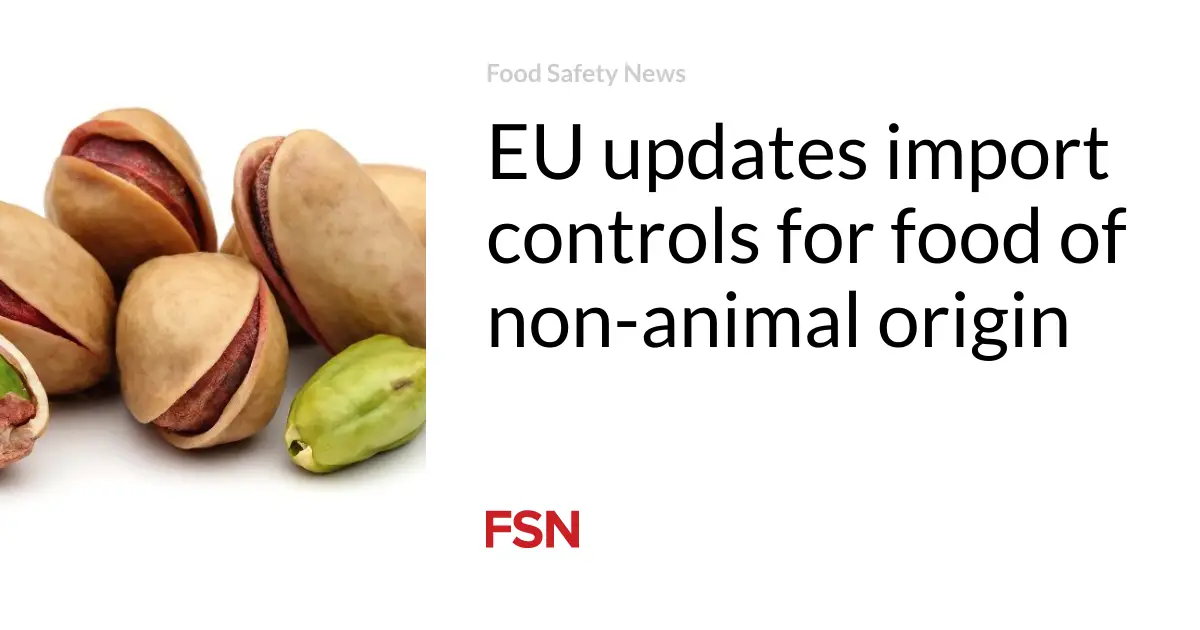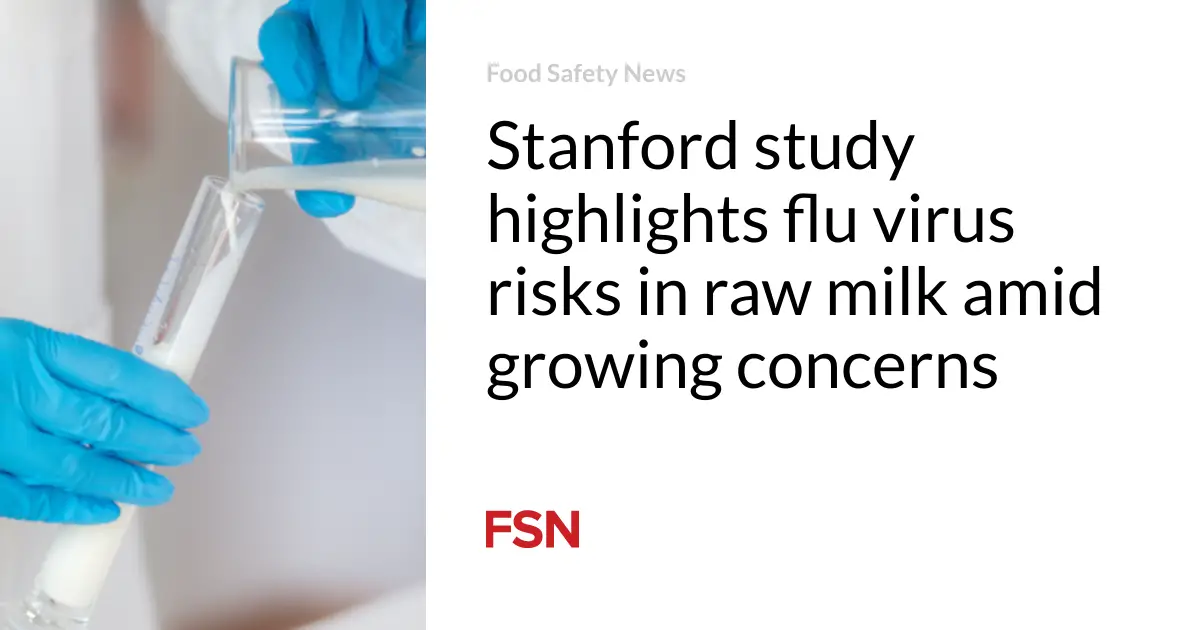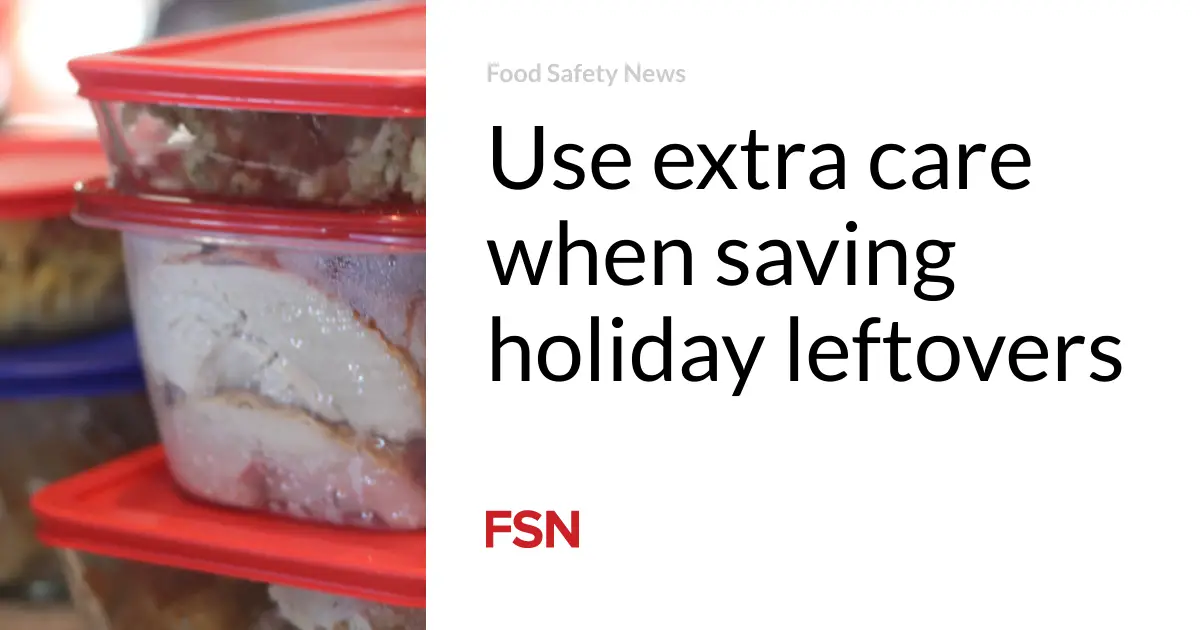
The European Commission has changed the level of inspections on various imported products, including pistachios from the United States.
The revised legislation sets the rate of official controls and special conditions for food and feed of non-animal origin imported into Europe. Rules are modified every six months.
Decisions are based on reports in the Rapid Alert System for Food and Feed (RASFF) and information from documents, identity, and physical inspections by EU countries in the second part of 2023.
The frequency of identify and physical checks on consignments of betel leaves from India for Salmonella has been increased to 50 percent due to a high rate of non-compliance.
Findings from official controls by member states led to sesame seeds from Uganda being checked for Salmonella at a higher rate of 30 percent.
Aflatoxin-related modifications
Pistachios, mixtures and products made from pistachios originating in the United States and sent to the EU from Turkey have been subjected to increased controls and special conditions at entry into Europe because of the risk of contamination by aflatoxins since June 2023. Official controls by member states show improved compliance, so checks will be reduced from 50 to 30 percent of consignments.
Vanilla extract from the U.S. will continue to be controlled at a frequency of 20 percent for pesticide residues. Peanuts and peanut butter checks will also stay at 20 percent for aflatoxins.
The frequency of controls on hazelnuts, mixtures and products made from hazelnuts from Georgia for aflatoxins has been decreased from 30 to 20 percent.
Checks on spice mixes from Pakistan have been reduced from 50 to 30 percent. Despite groundnuts and groundnut products from Ghana not being imported into Europe for three years, checks were set at a rate of 50 percent.
Rules on Brazil nuts from Brazil and groundnuts from Sudan being checked for aflatoxins have been changed, as such products have not been imported into the EU for more than three years.
Controls on a range of products from Ethiopia, including pepper of the genus Piper, certain dried or crushed or ground fruit, ginger, saffron, turmeric (curcuma), thyme, bay leaves, curry, and other spices were reduced from 50 percent to 30 percent.
Aflatoxin checks on nutmeg from Indonesia were increased to 50 percent.
Checks on shipments of dried figs, mixtures and products made from dried figs from Turkey have been reduced from 30 percent to 20 percent. Controls on pistachios, mixtures, and pistachio products have been eased from 50 percent to 30 percent.
Ethylene oxide changes
A number of changes were made to ethylene-oxide related controls.
Increased checks on locust beans (carob) and locust bean seeds from India have been lifted after being in force since December 2021. Controls on guar gum because of the risk of contamination by pentachlorophenol, dioxins, and ethylene oxide have also been removed.
Mixtures of food additives containing locust bean gum or guar gum, vanilla and cloves from India, have been subject to more controls and to special conditions due to ethylene oxide since January 2022. An improvement in performance means it is no longer necessary for each consignment to be accompanied by an official certificate stating that all results of sampling and analysis show compliance with EU regulations. However, controls will continue at a rate of 20 percent.
However, inspections by member states found high levels of non-compliance for nutmeg, mace, and cardamoms from India for ethylene oxide. Controls will be introduced at a frequency of 30 percent.
Stricter controls on locust beans and locust bean seeds from Turkey have been removed. Mixtures of food additives containing locust bean gum from Turkey have had stricter controls and special conditions at entry into Europe since May 2022. The need for an official certificate showing compliance with EU rules is no longer required but checks have been set at a rate of 30 percent.
Enhanced checks on instant noodles containing spices and seasonings or sauces from South Korea and Vietnam as well as on mixtures of food additives with locust bean gum from Malaysia have been relaxed.
(To sign up for a free subscription to Food Safety News, click here.)






